Host Organisation
University of British Columbia - Vancouver, BC
Description
This session will share findings from a three-year study of the Indigenous content in the Sixth IPCC Assessment Report (AR6) conducted by the Knowledge Justice Collective. The speakers will discuss the overall inclusion of Indigenous content in the IPCC processes with a special focus on the latest report, followed by specific recommendations for the Seventh Assessment Report (AR7) and beyond. The collective is a group of Indigenous and non-Indigenous scholars based in different parts of the world that seeks to respectfully advance meaningful engagements across knowledge systems. This begins with the recognition of epistemological value of Indigenous Knowledges in solving world problems.
Speakers
Pasang Yangjee Sherpa, University of British Columbia, Human Dimensions of Climate Change
Ritodhi Chakraborty, Lincoln University, Political Ecologist
Pasang Dolma Sherpa, Center for Indigenous Peoples' Research, Education, and Development (CIPRED), Indigenous Peoples and Climate Change
Kristyn Ostanek, UN Foundation, Marine Ecologist (Knowledge Justice Collective)
Languages
English

